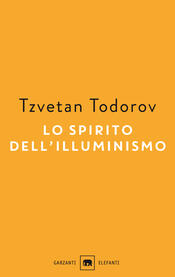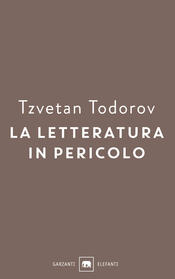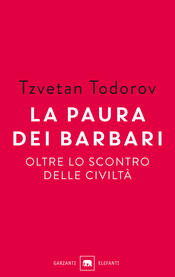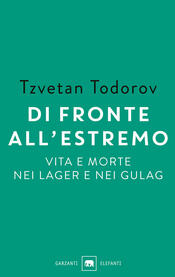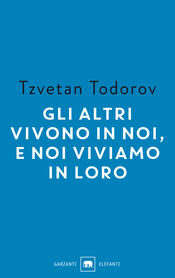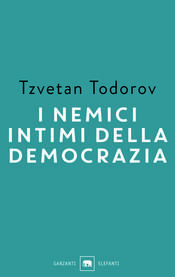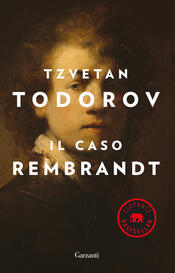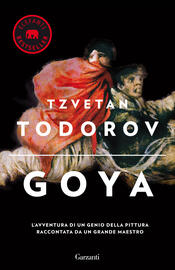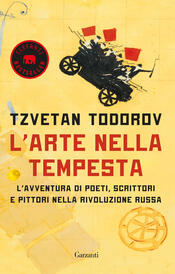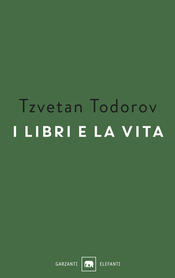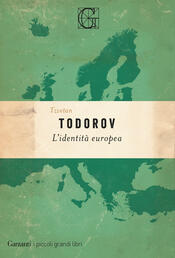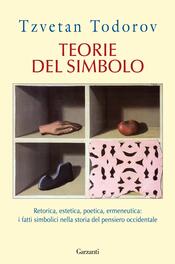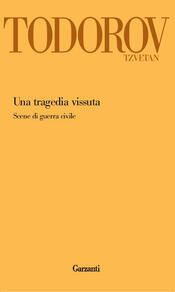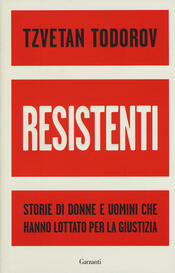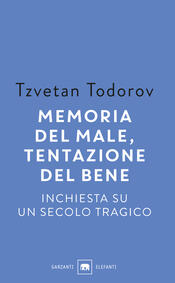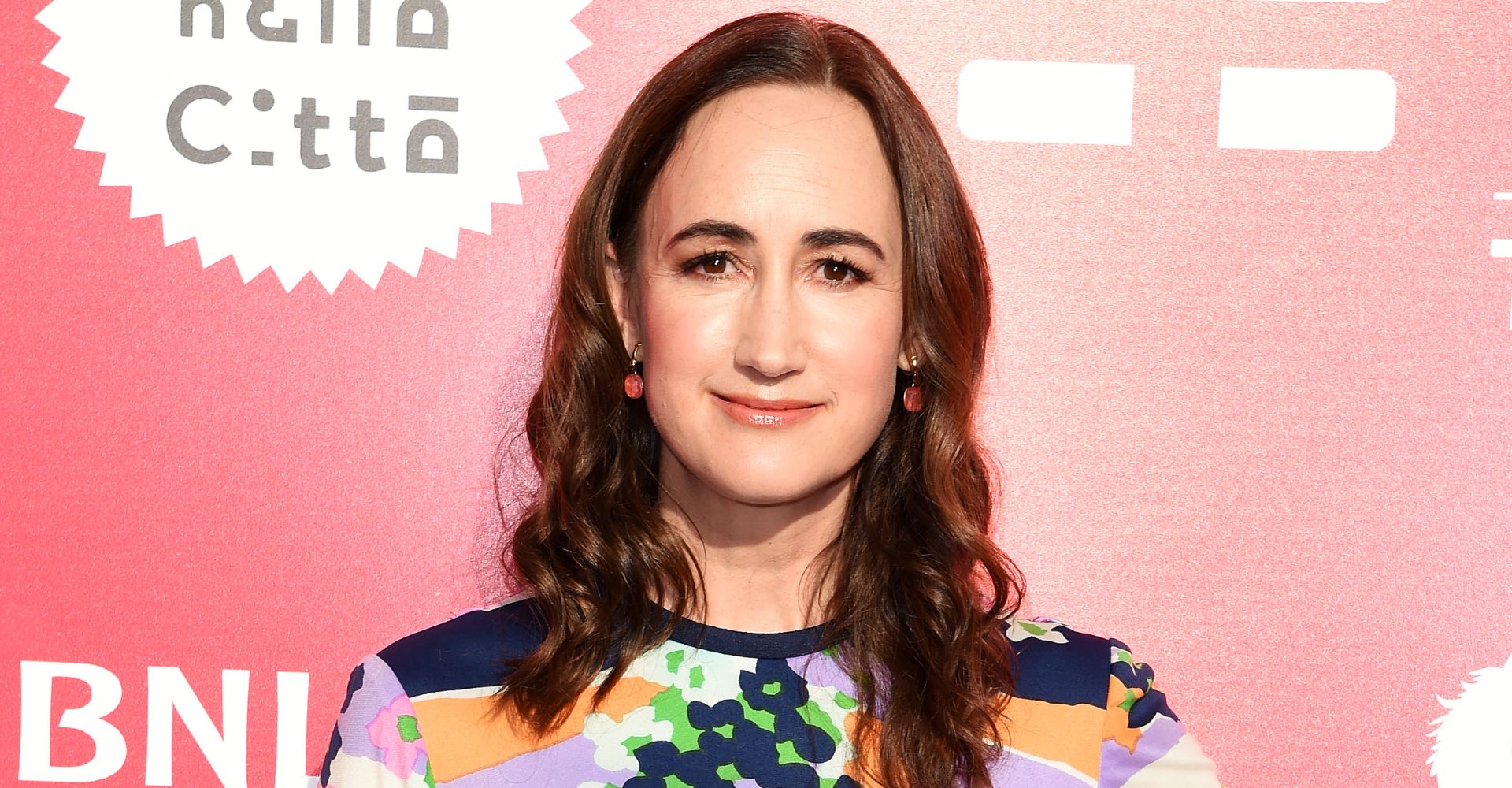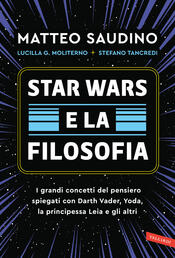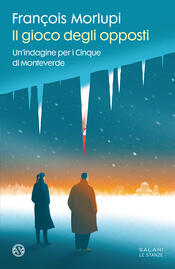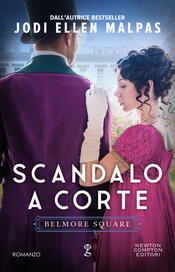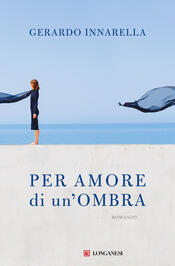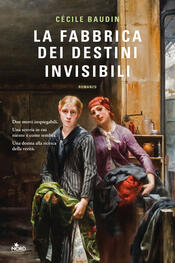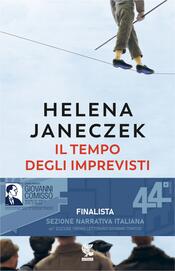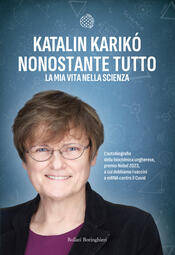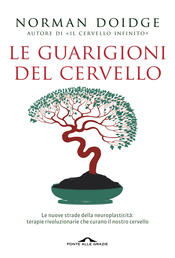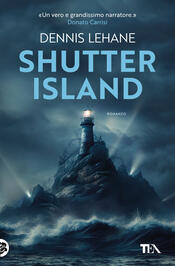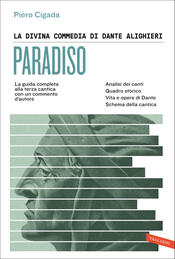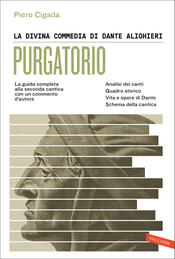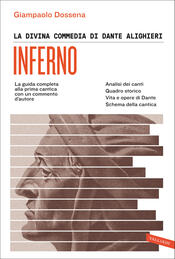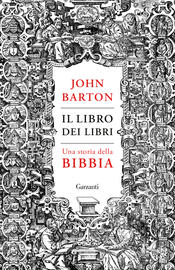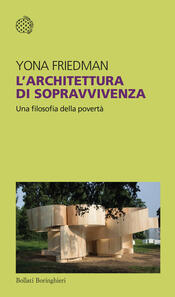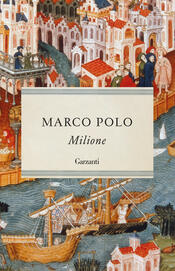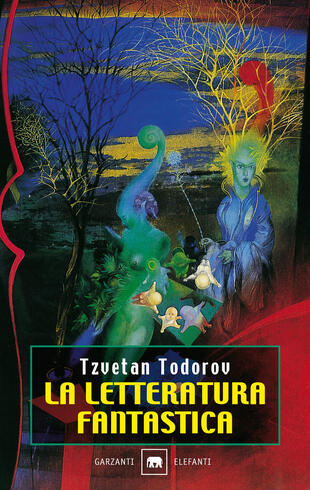

La letteratura fantastica
Tutti i formati dell'opera
Acquistalo
Sinossi
Apparso in Francia nel 1970, questo studio sul fantastico è ormai divenuto uno strumento di lavoro e un punto di riferimento indispensabile per studenti e studiosi. Partendo dalla classificazione proposta da Northrop Frye in Anatomia della critica, Todorov adotta la categoria del fantastico come strumento di indagine di un genere letterario fiorente nell'Ottocento, la cui funzione sociale è stata assunta nel Novecento dalla psicoanalisi. Il fantastico, dice Todorov, non è altro che la scelta che il lettore compie fra la spiegazione naturale e quella sovrannaturale di un fatto insolito. Prendendo in esame i testi esemplari del fantastico – l'Aurélia di Gérard de Nerval, le Mille e una notte, Il crollo della casa degli Usher di Poe, il Manoscritto trovato a Saragozza di Jan Potocki, le opere di Gauthier, di Lewis, di Hoffmann e di diversi autori del genere poliziesco e del feuilleton – Todorov propone una vasta gamma di sottoclassificazioni del fantastico e al loro interno distingue i «temi dell'io» dai «temi del tu», recuperando in modo dialettico i luoghi emblematici affrontati dalla narrativa fantastica. Il mondo del doppio, della metamorfosi, della follia, ciò che un secolo positivista come l'Ottocento ha rimosso, si sono tradotti per noi nell'inquietante scoperta freudiana della sessualità, della nevrosi, della psicosi e della morte.
- ISBN: 8811669782
- Casa Editrice: Garzanti
- Pagine: 192
- Data di uscita: 20-10-2000
Recensioni
Fun With Genres, a video in which I discuss this book. One of the finest and clearest works of literary criticism I have ever read. A blueprint suggesting how to approach genres, impossible to ignore whether you agree with Todorov's methodology or not. Also great fun to readers outside academia (!). Leggi tutto
NOTE: This review first appeared at The King of Elfland's 2nd Cousin on January 3rd, 2012. If you enjoy it, you'll find more stuff like it there! Happy New Year! Now that the formalities are out of the way, I thought I'd take a few moments to share with you what I did between Christmas and New Ye
Brevi accenni su ciò che potrete trovare in questo testo molto interessante, che consiglio a tutti di leggere. Prima o poi. Todorov nasce a Sofia, nel 1939, ed è morto da pochissimo, nel febbraio 2017, a Parigi. Il suo nome è legato allo strutturalismo francese perché lui negli anni ’60 si è trasferi Leggi tutto
I had to try this book as I have a paper to write, but more than that, I kept hearing about its " revelatory " powers when it came to this dubious genre called FANTASY . It is a surprisingly short book. It barely fills 200 pages. It is readable. It is not that great as it is too much theory and too lit Leggi tutto
A frustrating read. Very few parallels are drawn to the fantastic genre and Todorov's rather simple theory is hidden beneath a mountain of academics. Still - most chapters are very good while a few (like chapter VIII) are almost unreadable.
Las nociones básicas de lo fantástico siguen sosteniéndose a partir de este libro, ya sea por mero capricho académico o porque la falta de bibliografía traducida al español lo ha hegemonizado. En primera instancia, sí es una introducción -un tanto somera- a los aspectos del registro fantástico a par Leggi tutto
This book came to me highly recommended by a friend of the uncanny, and has truly become one of my most trusted reach-to favorites. You know that ailment that's been bugging you, but you didn't have the name for it and didn't know how a bunch of symptoms were actually related until you went and saw
It was really easy to read, but I absolutely have no use for Todorov's Definition of the Fantastic.
Citazioni
Al momento non ci sono citazioni, inserisci tu la prima!

